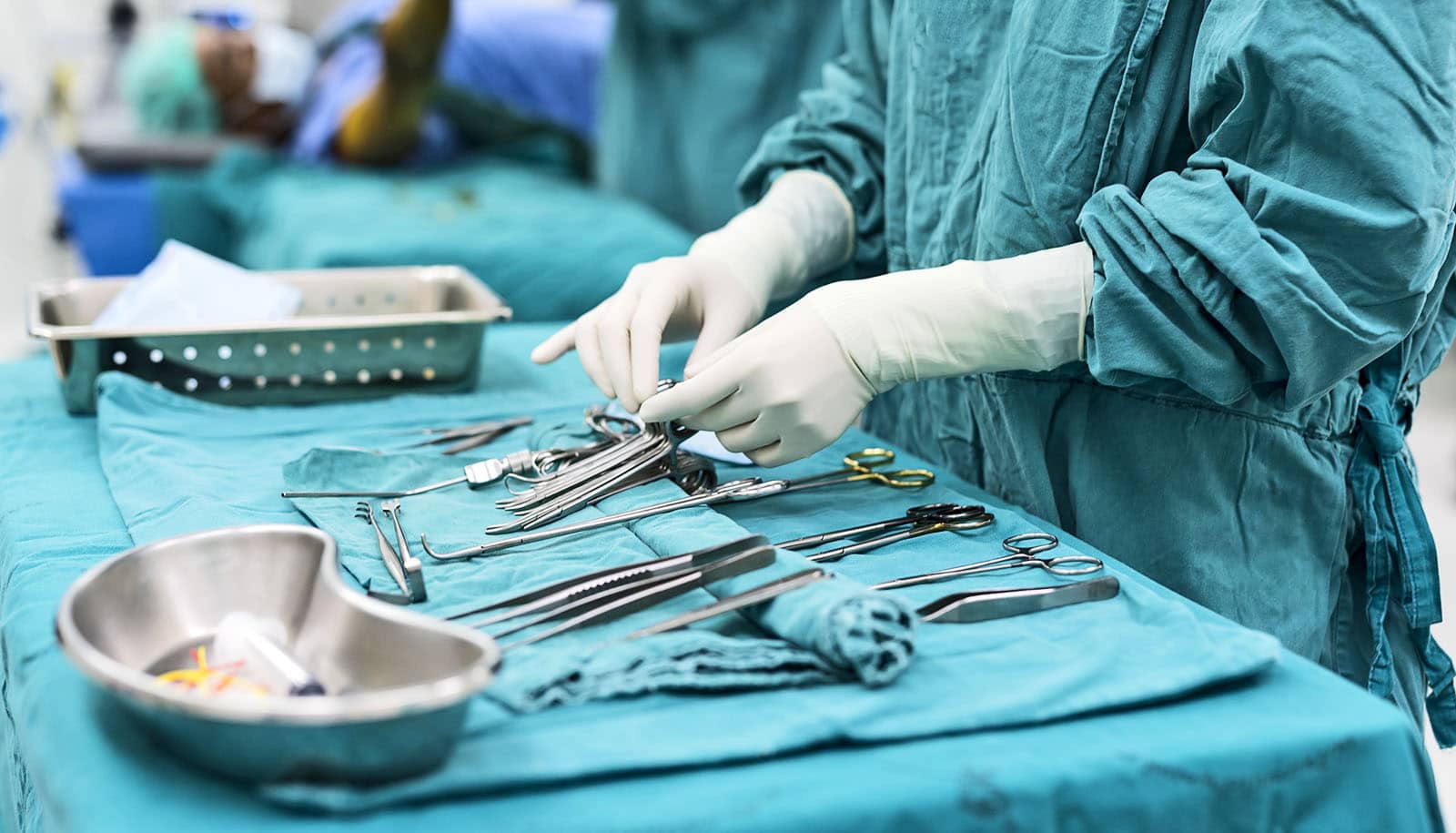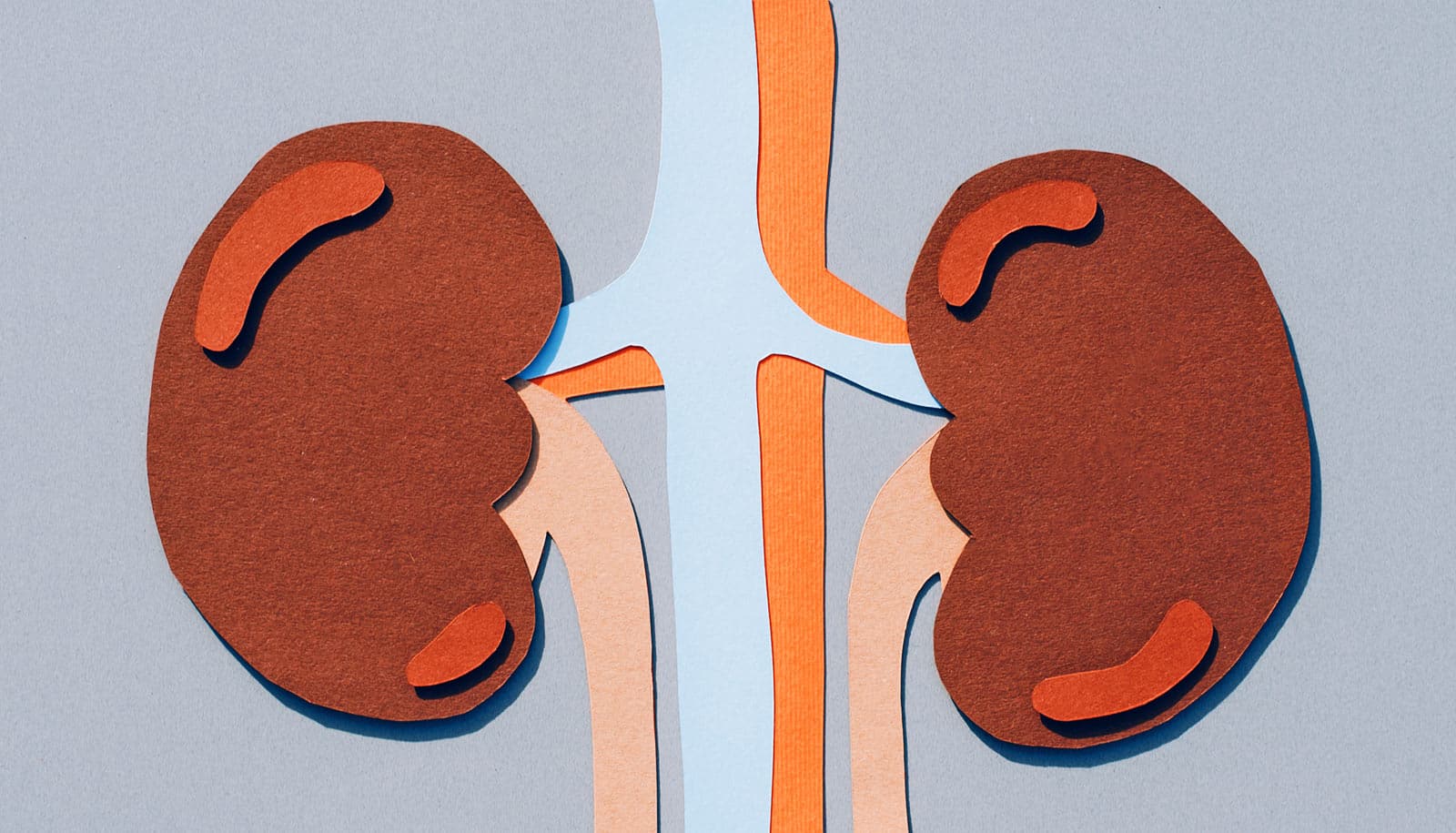A relatively new method of heart transplantation, which allows for the use of hearts donated after circulatory death, could expand the pool of available donor hearts by a projected 30%.
Traditionally, hearts could not be donated after cardiac death. The donated after circulatory death (DCD) method in the study uses a machine to keep the heart pumping, making it viable for donation, but also enabling the organ to travel farther.
A new study in the New England Journal of Medicine finds that DCD hearts were equivalent to hearts procured through the current standard of care.
“This should eliminate any barriers for transplant centers to offer this to their patients because we now have objective, randomized data showing both types of hearts are equivalent,” says Jacob Schroder, corresponding author and assistant professor in the department of surgery at the Duke University School of Medicine.
The study enrolled 180 patients, with half receiving DCD hearts and the other half receiving brain death hearts. It compared risk-adjusted survival at six months and found a survival rate of 94% for those who received a DCD heart and 90% for those who received hearts donated after brain death.
Researchers also looked at serious adverse events 30 days after transplantation, with the mean number of such events at 0.2 for DCD and 0.1 for the standard donated hearts.
“We’ve remained committed to studying the viability of this method out of an aggressive desire to take care of and provide life-saving options for our patients,” says Chetan Patel, study author and associate professor in the department of medicine.
“Our goal has always been to expand the donor pool to offer heart transplantation to as many patients in need as possible,” says Adam DeVore, study author and associate professor in the department of medicine. “By finishing and publishing the DCD Heart study, we offer a clear roadmap for other centers to adopt this practice as well,” DeVore says.
Duke Health performed the country’s first DCD heart transplant and pediatric DCD heart transplant. The company that developed the technology to keep a DCD heart pumping during transit, TransMedics, sponsored this latest study.
Source: Duke University



